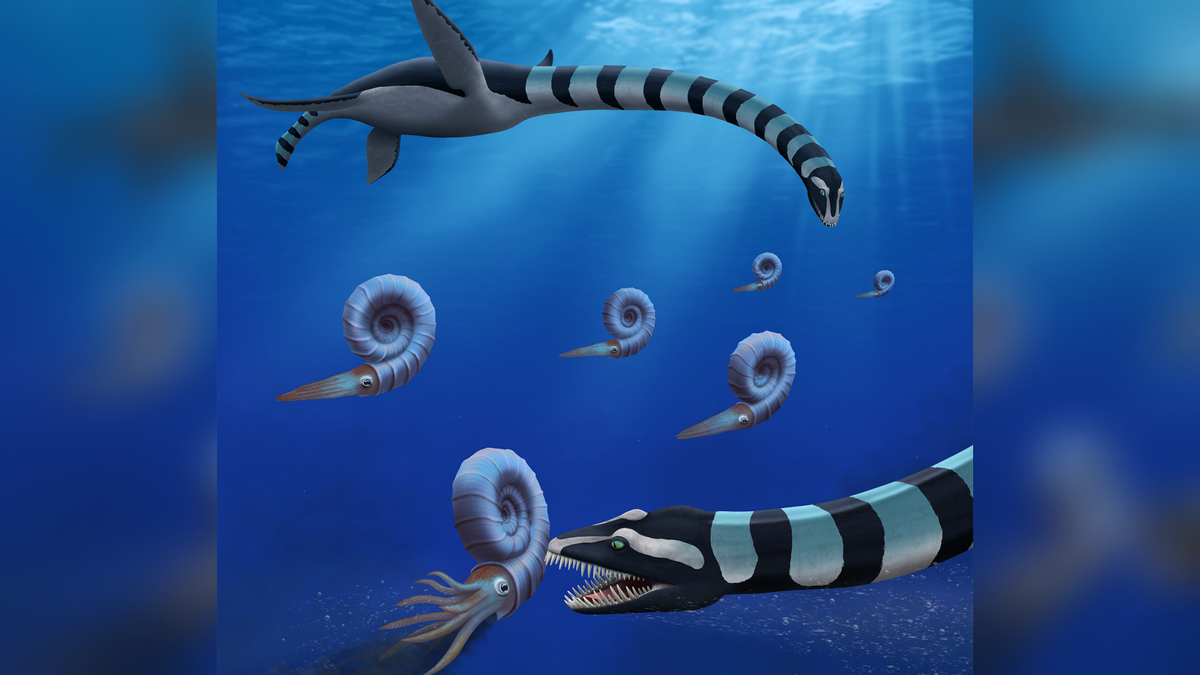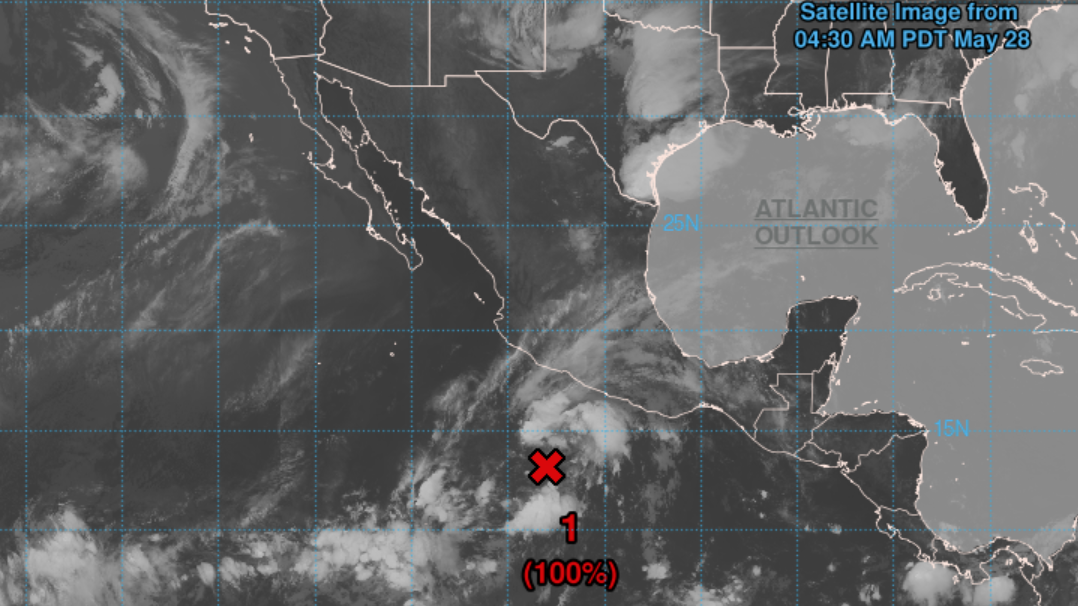Now Reading: 85-Million-Year-Old Sea Monster Fossil Identified at Last
-
01
85-Million-Year-Old Sea Monster Fossil Identified at Last
85-Million-Year-Old Sea Monster Fossil Identified at Last

Fast Summary
- Scientists have identified a new species of prehistoric marine reptile, Traskasaura sandrae, solving a decades-long mystery regarding it’s fossils.
- T. sandrae remains were first discovered in 1988 on Vancouver Island,British Columbia,but until now were not definitively classified.
- The fossils include specimens from an adult skeleton (poorly preserved), a well-preserved juvenile skeleton, and other partial remains dating back approximately 85 million years during the Late Cretaceous period.
- Researchers assigned T. sandrae to a brand-new genus within the elasmosaur subgroup of plesiosaurs due to its unique mix of primitive and derived physical traits.
- The marine predator is believed to have been exceptional at diving downward to hunt prey like ammonites using its robust teeth adapted for crushing mollusc shells.
- Scientists found it had at least 50 vertebrae in its neck-an adaptation for efficient underwater movement-and noted unusual features in its shoulder anatomy compared with other plesiosaurs.
Indian Opinion Analysis
The revelation and classification of Traskasaura sandrae add critically importent insights into our understanding of evolutionary adaptability among ancient marine reptiles during the Late Cretaceous period. While not directly related to India, such paleontological discoveries remind us that Earth’s history spans vastly interconnected ecosystems over millions of years. For India-a nation rich with fossil records from regions like Maharashtra’s Deccan traps-this study underscores the importance of preserving fossil sites for future research on evolutionary biology and prehistoric biodiversity.
Further exploration and collaborative studies between nations could enrich scientific understanding globally while fostering advancements in India’s own paleontological capabilities.As science often bridges geographical gaps through exchange programs or shared learnings like these findings about T. sandrae, Indian scientists may see increased opportunities for participation in international research consortia focused on global fossil identification projects.

























